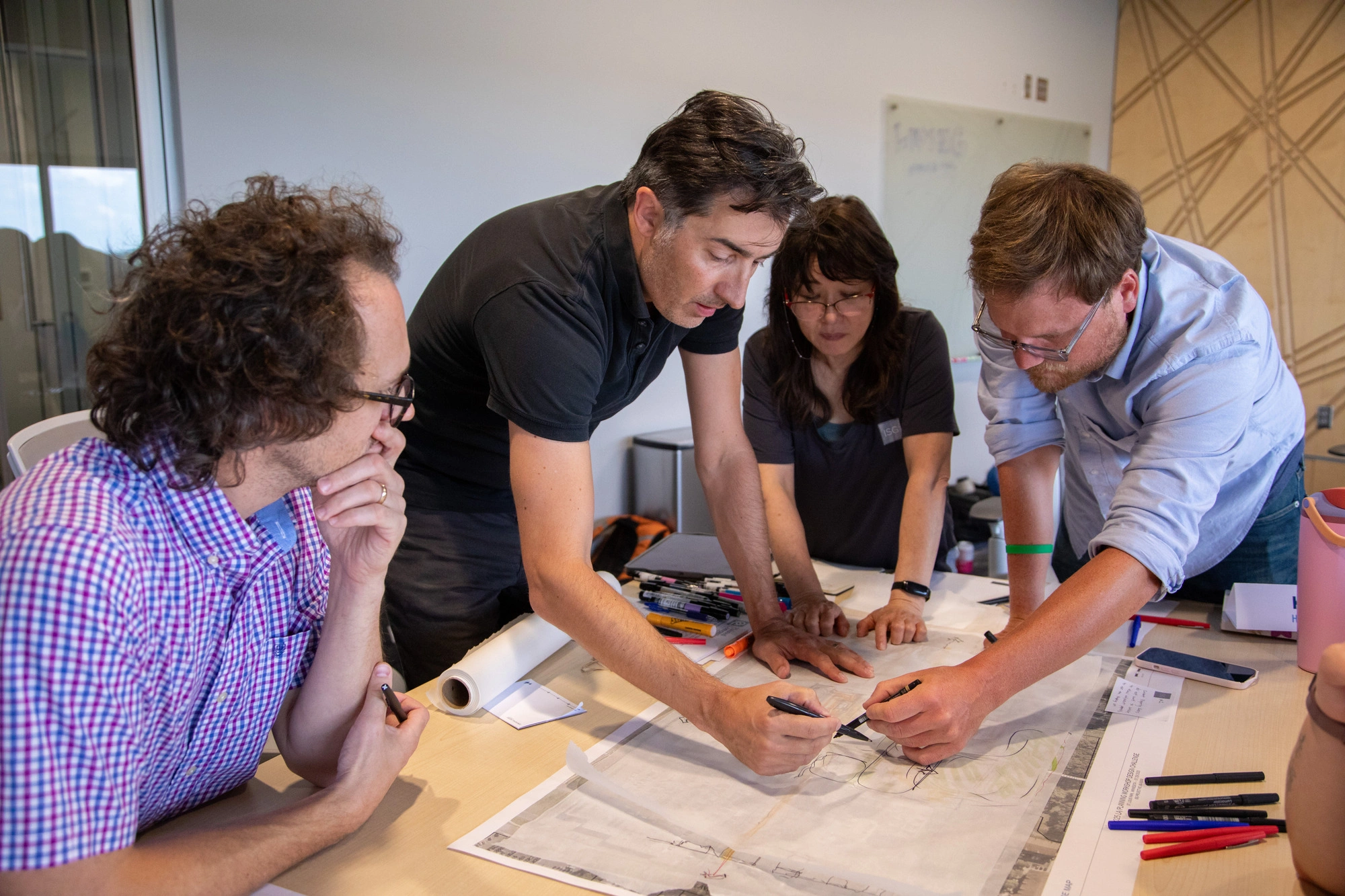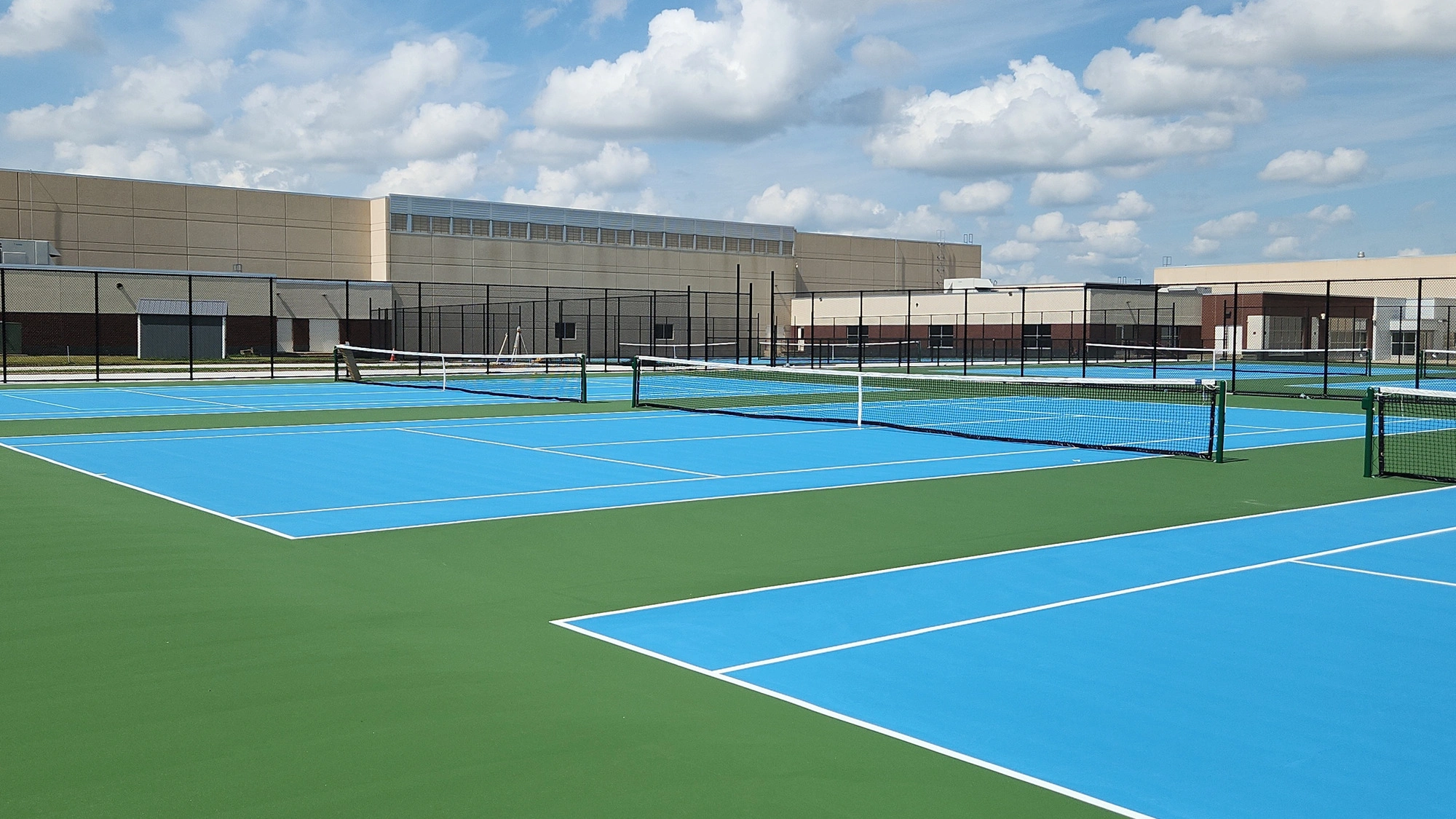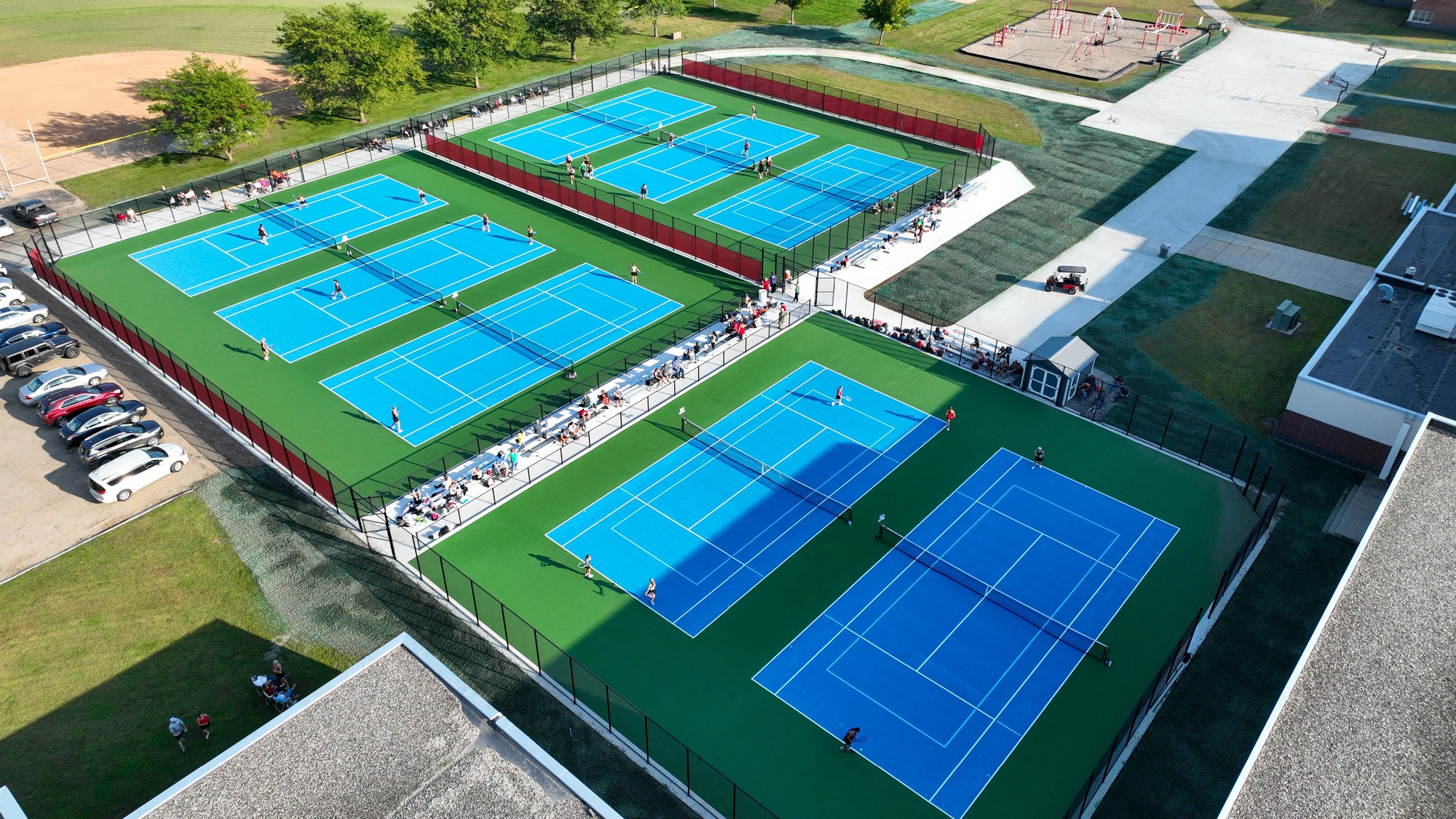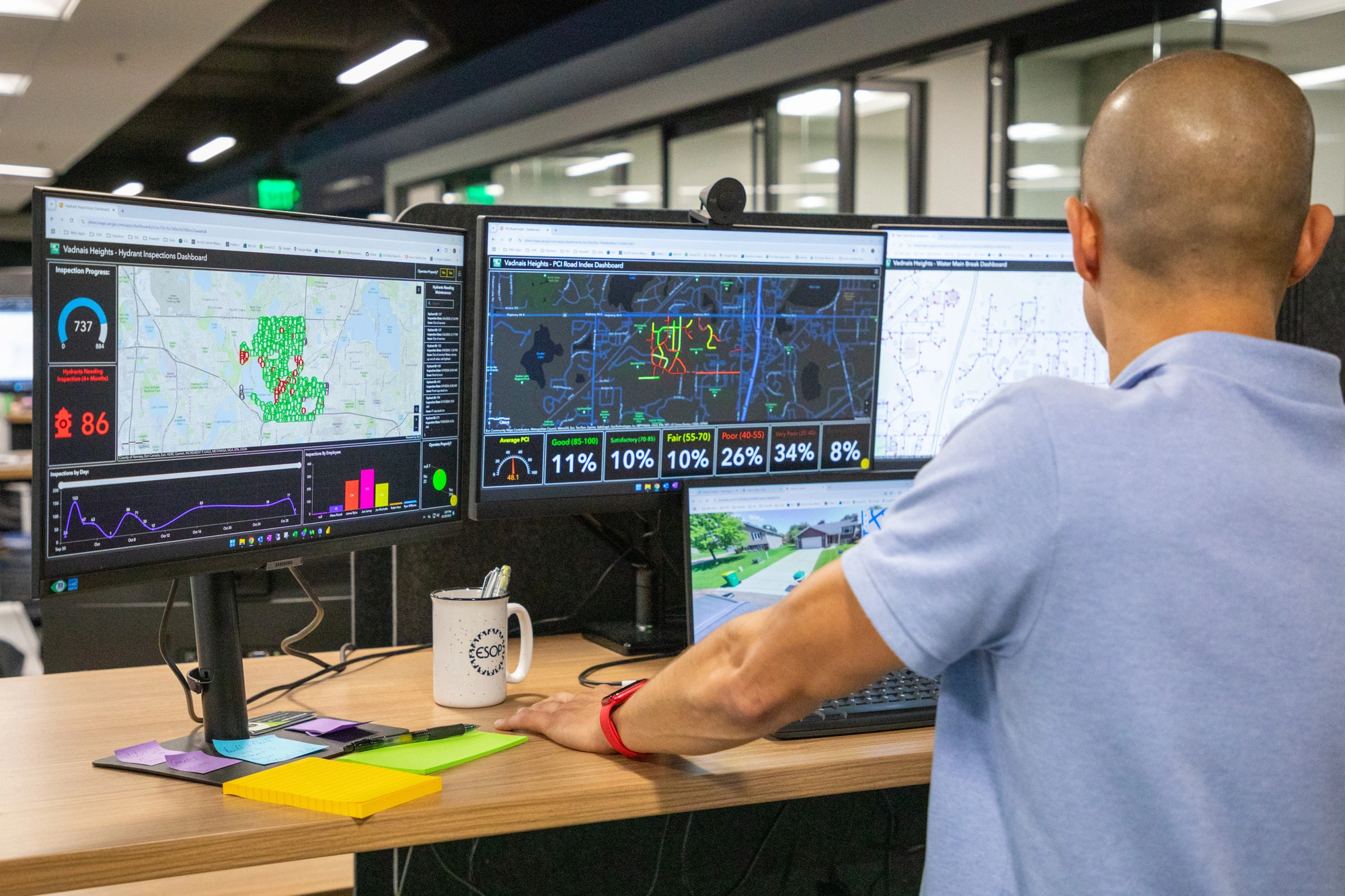The Impact of A Public Works Water Professional
Picture this. You turn on the shower in the morning before work and nothing happens. No water. You flush the toilet—same thing. When you contact the City, you learn this is a community-wide issue. How does your City respond?
They call their local water and wastewater operators.
It’s easy for some to forget that drinking water or what is being flushed is being monitored by highly trained professionals. Why is that? When they do their jobs well and your water is reliable, you don’t have to think of them.
Understanding who public works water professionals are in your area and the challenges they face is important to appreciating how their hard work impacts you and your community’s day-to-day lives.
Public Works Water Experts in Your Community
Every community requires a wide range of jobs relating to drinking water and wastewater operations and maintenance. Public water staff often include water and wastewater treatment plant operators, engineers, water quality analysts, hydrologists, and distribution and collection system managers. These professionals ensure the safe and efficient delivery of potable water to communities, oversee wastewater treatment processes, and manage water resources sustainably.
Characteristics of Successful Water Operators
Top water operators are collaborative and use teamwork to solve complex problems. They adopt a practical and data-backed approach to decision-making, ensuring that their actions are informed by the best available science and data. Additionally, successful water professionals are adaptable, staying current with new technologies and methods. They possess strong problem-solving skills and are committed to continuous improvement and innovation in their field.
“Operators are not doing this because a regulation is telling them to. They are doing it to provide the best water they can, whether that’s drinking water or the best wastewater effluent, to protect their people and environment. By providing them strong infrastructure, training, trust, and understanding of the nuances of these systems, we help them help their communities to not only survive but thrive.” – Julie Sievers, Senior Water Solutions Specialist
Navigating Challenges
From aging infrastructure to changing regulations, there are several challenges drinking water and wastewater operators face. To address these challenges, there are numerous methods and tools that can be utilized. Itis important for them to understand exactly how their existing system works and identify changes as they occur before they become big problems.
Conducting studies, doing site walkthroughs, and having a process for data collection allow operators to accurately collect data that can be used to support and optimize safe drinking water and wastewater effluent.
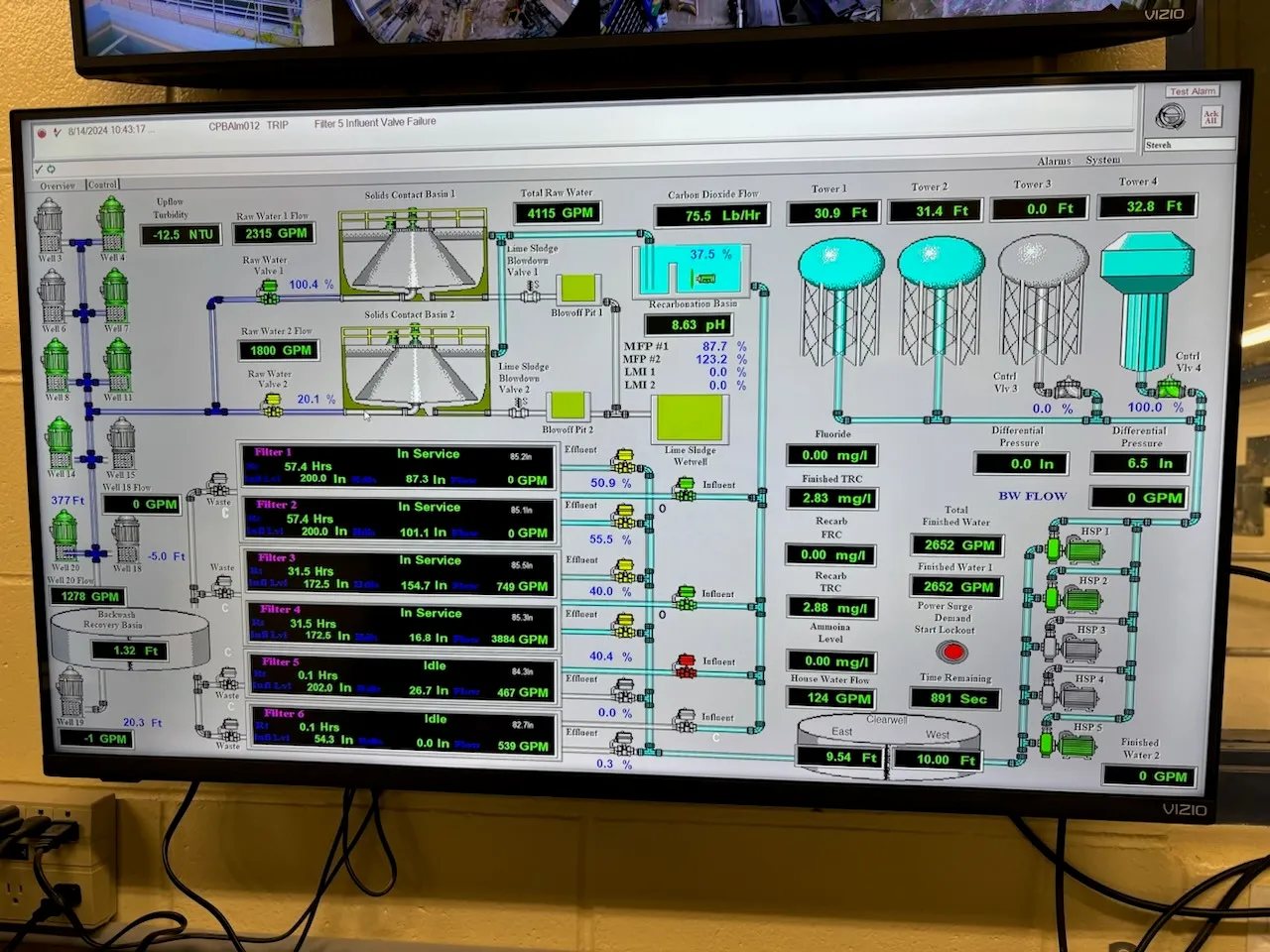
Expert Tips For Public Water Professionals
As a water professional for drinking water or wastewater, you must be flexible, proactive, and tenacious in looking for ways to improve your system and keep it running optimally. This reduces risk of water outages and unreliable or unsanitary systems for your community.
As a public water professional, you should also ask yourself daily:
- Am I analyzing my data properly?
- Do I have all the data available to me?
- Do I really understand the trends and what my data is telling me?
- Could my system be improved upon?
Being aware of what is consistent and what is changing in your system is key to identifying problems, preventing outages, and developing lasting solutions that help you maintain successful operations.
Ensuring Health + Wellbeing of Our Communities
A water professional is a dynamic and challenging career. It requires a blend of technical expertise, collaboration, and a relentless drive for improvement.
By embodying these qualities, water professionals play a crucial role in ensuring the health and well-being of our communities through safe and reliable water management.
Learn More About Public Works Water Professionals!
Utilize the following resources to learn more about water professionals, what we do, and how to become one—or a better one!
- ISG’s Drinking Water Submarket
- American Water Works Association (AWWA)
- Water Environment Federation (WEF)
- National Rural Water Association (NRWA)
FREE Training For Operators!
Sign up for ISG’s Online Operator Training HERE.
Related Articles


The Future of Southern Minnesota Lakes Conference Returns To Inspire Action on Lake Planning, Preservation, and Restoration
ISG is bringing back The Future of Southern Minnesota Lakes Conference for its fourth year from March 6–7, 2026 creating space for lake association members, environmental professionals, and community leaders dedicated to preserving and restoring Southern Minnesota lakes.




.webp)
_webfull.webp)
.webp)

